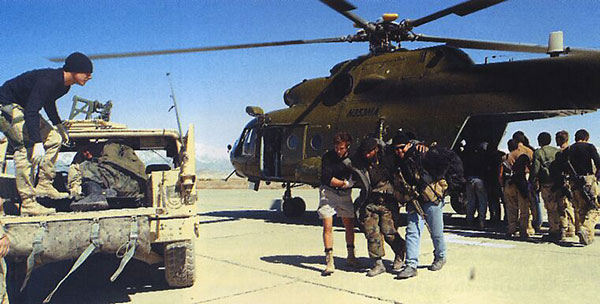Covert and clandestine are two types of operations that are very confusing to most people although there is a significant difference between a covert operation and a clandestine operation. These types of operations can be conducted in the military, intelligence or law enforcement by a particular state or organization. A covert operation is an operation that is planned and executed in secrecy so that the identity of the agency or organization remains unknown. On the other hand, a clandestine operation is an operation that is carried out in such a manner that the operation remains in secrecy. As you can observe, the key difference between a covert operation and a clandestine operation is in the identity. In covert operations, the identity of the agency remains unknown while in clandestine operations the operation remains a secret. This article attempts to give a holistic understanding of the two concepts and highlight the difference between the two.
Key Takeaways
- In covert operations, the identity of the agency remains unknown.
- In clandestine operations, the operation remains a secret.
- Covert operations can be conducted for instances such as organized crimes or international politics, whereas clandestine operations can be for military, intelligence, or legal purposes.
What is Covert?
A covert operation is an operation that is planned and executed in secrecy so that the identity of the agency or organization remains unknown. These operations aim at completing a particular operation in a successful manner without anyone knowing because such knowledge would endanger all parties involved. Covert operations are not only conducted by law enforcement agencies for crime-related purposes but even in the case of international politics as well.
In the law enforcement arena, covert operations can be conducted for instances such as organized crimes. For example, in most countries such operations are conducted to arrest drug trafficking groups or organizations. But covert operations extend beyond this arena and can be seen in international politics as well. Coup d’état, assassinations, and sabotage are some examples of such endeavors. It must be highlighted in such situations the state or agency has no authority over the targeted country. Hence, a lot of illegal activities are conducted. This is why the identity of the agency is protected at all costs.
What is Clandestine?
A clandestine operation is an operation that is carried out in such a manner that the operation remains in secrecy. Such an operation is usually conducted by a particular government or an agency for a particular purpose. This could be for military, intelligence or legal purposes. It must be highlighted that a clandestine operation aims at concealing the identity of the operation more than the agency or organization responsible. During the Second World War, many clandestine operations were carried out by countries to gather intelligence from enemy states.
What is the difference between Covert and Clandestine?
Definitions of Covert and Clandestine:
Covert: A covert operation is an operation that is planned and executed in secrecy so that the identity of the agency or organization remains unknown.
Clandestine: A clandestine operation is an operation that is carried out in such a manner that the operation remains in secrecy.
Characteristics of Covert and Clandestine:
Identity:
Covert: The identity of the agency or organization is concealed.
Clandestine: The identity of the operation is concealed.
Progress:
Covert: The progress remains undetected.
Clandestine: The progress remains undetected.
